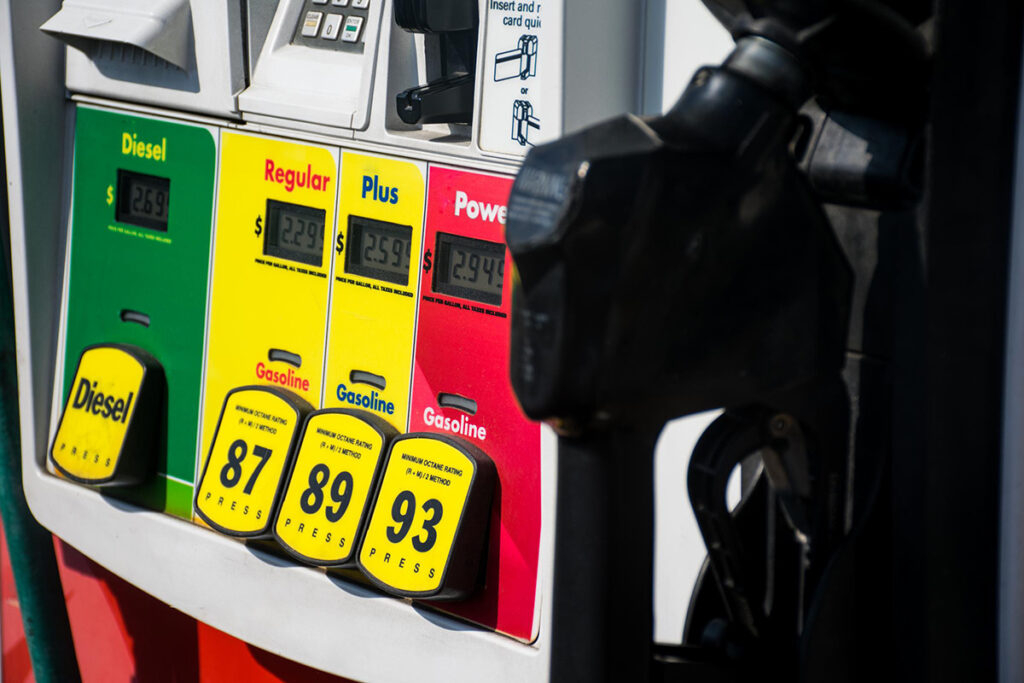
The opinions, beliefs and viewpoints expressed by our guest columnists do not reflect the opinions, beliefs and viewpoints of this publication.
By Angel Merlos
Coalitions Director | The LIBRE Initiative-Colorado.
Haga click aquí para leer la versión en español

For the typical Coloradan, getting from here to there can be expensive. We’re the eighth largest state and we have lots of wide-open spaces.
Now our state lawmakers want to make it even more expensive.
Some are proposing a so-called gas fee, which would be collected on top of the existing 22-cents per gallon state gas tax and the federal 18.4 cents per gallon tax.
Energy taxes are among the most regressive taxes we pay, hitting the lowest-income residents the hardest.
Americans spend more than $1.27 trillion a year on energy, and more than 30 million American households pay a substantial portion of their take-home pay for electricity, heating, and fuel. The lowest-income households devote more than 20 percent of their after-tax income to utilities and gasoline. The COVID-19 pandemic and the associated economic disruptions have made things even worse.
The situation is even worse for Hispanic and other minority families.
Research by the American Council for an Energy Efficient Economy showed that low-income, Hispanic, Black, and Native American families spend a greater portion of their income on energy bills than the average household. According to one estimate, Colorado households with incomes of below 50 percent of the federal poverty level spend almost one-fourth of their income on home energy bills. Gasoline is an added expense on top of that.
Nationally, those earning less than $18,000 a year pay at least 6.67 percent of their income on gas, a more than 50 percent higher rate than households with income above $95,000 a year.
This proposed “gas fee” — it’s a gas tax, no matter what its supporters call it — would be a blatant violation of the Taxpayer’s Bill of Rights (TABOR) provision that voters approved less than three months ago. Voters also rejected two other road-funding proposals in 2018. The people of Colorado want their lawmakers to do a better job prioritizing spending instead of constantly asking those least able to afford it to pay more.
They want to persuade you to pay more by appealing to your understandable desire for better roads. But paying more won’t necessarily mean you’ll get better roads.
While Colorado’s gas tax is not among the highest in the nation, that bit of good news is leavened by the fact that our state wastes so much of what it does collect by spending too much of the money on things besides roads and bridges.
Colorado stands 12th among the 50 states in spending gas tax money on non-highway programs. That means for every dollar you pay in gas taxes (and potentially in gas “fees”), more than a dime never makes it to the asphalt. In 2018, more than $70 million that should have been spent on roads and bridges was frittered away. And they want you to pay more?
Colorado is not the only place this has become a problem, and it’s not the only place Hispanics are fighting back. In California, Latinos are opposing top-down energy policies that raise costs and hurt lower-income residents the most. We can, too.
A “fee” on gas is trickery. It’s a dubious way to avoid TABOR limits and is simply a gas tax by another name. Whatever they call it, in the end you would pay more at the pump, making it more expensive to drive to work, to school, to the grocery, or to the doctor. And it would drive up the cost of virtually everything you buy, including food.
Tell your state legislator to oppose any attempt to impose an extra fee on gas. Instead, tell them to spend the gas tax money they’re already collecting on roads, like they ought to be doing anyway.
You may also like:
Less than 5 Percent of Hispanics Have Been Vaccinated
Obamacare markets will reopen for COVID-19 relief
When the border crossed over the people






otras noticias
Run, Breathe, and Be Amazed at LUNA
Colorado Legislature Approves Law to Boost Food Truck Industry
Polis has 30 days to sign, veto, or let SB25-276 take effect